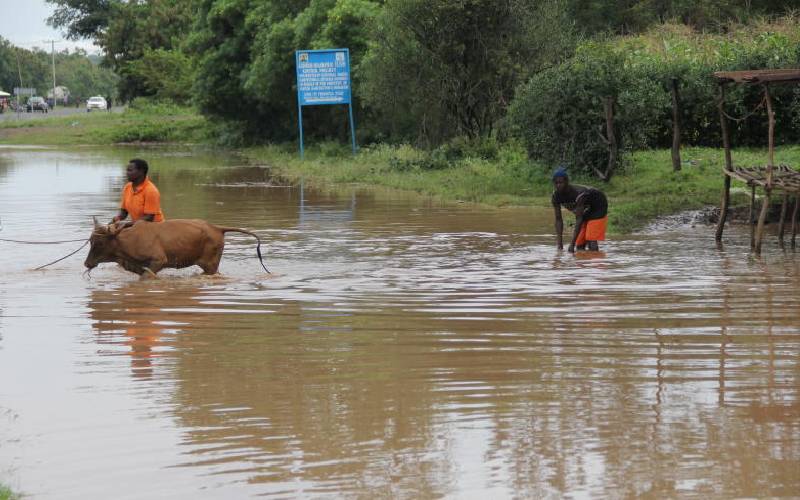×
The Standard e-Paper
Fearless, Trusted News

The Meteorological Department has predicted heavy rainfall in at least 15 counties in the first week of December, which begins tomorrow. Forecasts show the rainfall will be between 30mm and 40mm, increasing the possibilities of floods and landslides, especially in Central and Western regions.
Some of the counties that have been put on alert include Garissa, Mandera, Marsabit, Nyeri, Isiolo, Kisii, Nyandarua, Laikipia, Kiambu, Murang’a, Embu, Meru, and Kirinyaga.